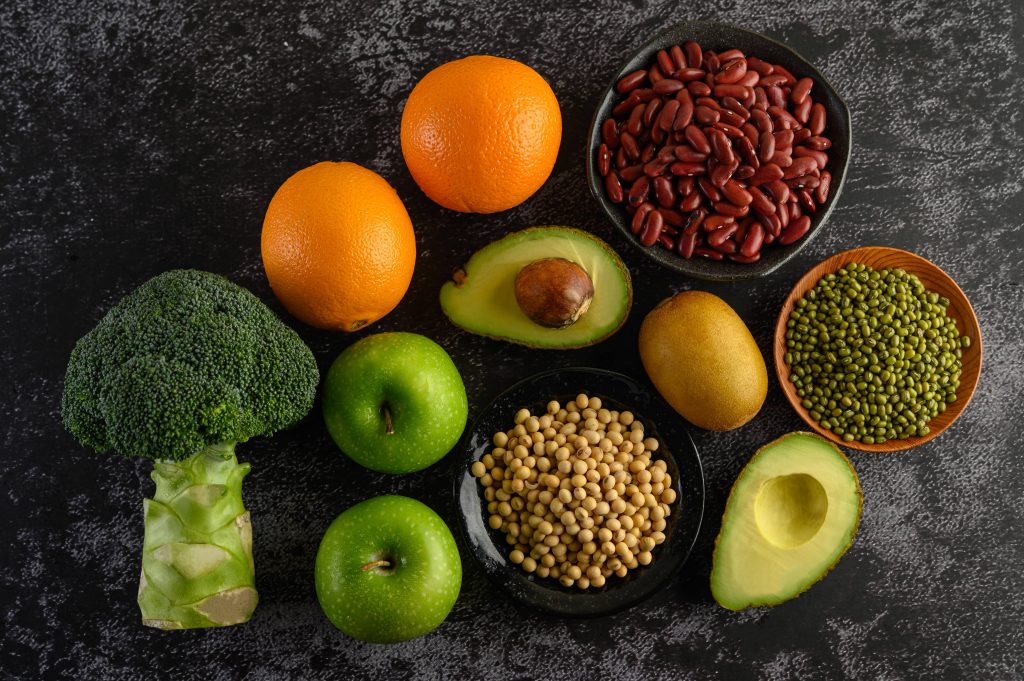
In today’s fast-paced world, maintaining a balanced diet can often feel like a daunting task. With the plethora of dietary advice available, it’s easy to become overwhelmed. However, understanding the fundamentals of a balanced diet can empower you to make informed choices that promote health and well-being. This comprehensive handbook will guide you through the essential components of a balanced diet, practical tips for implementation, and the benefits of maintaining such a lifestyle.
Understanding a Balanced Diet
A balanced diet provides your body with the necessary nutrients it needs to function correctly. It includes a variety of foods in the right proportions to supply carbohydrates, proteins, fats, vitamins, and minerals. The key is to consume these nutrients in the right amounts to maintain energy levels, support bodily functions, and prevent diseases.
Macronutrients: The Building Blocks
1. Carbohydrates: Often misunderstood, carbohydrates are the body’s primary energy source. They should make up about 45-65% of your total daily calories. Opt for complex carbohydrates like whole grains, fruits, and vegetables, which provide sustained energy and are rich in fiber.
2. Proteins: Essential for growth, repair, and maintenance of body tissues, proteins should account for 10-35% of your daily intake. Include a variety of protein sources such as lean meats, fish, eggs, dairy, legumes, and nuts to ensure you get all the essential amino acids.
3. Fats: While fats have been demonized in the past, they are crucial for absorbing vitamins and providing energy. Aim for 20-35% of your daily calories from fats, focusing on healthy fats like those found in avocados, nuts, seeds, and olive oil. Limit saturated and trans fats to reduce the risk of heart disease.
Micronutrients: The Vital Helpers
1. Vitamins: These organic compounds are vital for various bodily functions, including immunity, bone health, and wound healing. A diet rich in fruits, vegetables, and whole grains will typically provide the necessary vitamins.
2. Minerals: Essential for bone health, fluid balance, and muscle function, minerals like calcium, potassium, and iron should be included in your diet. Dairy products, leafy greens, and lean meats are excellent sources.
The Role of Hydration
Water is often overlooked but is a crucial component of a balanced diet. It aids in digestion, nutrient absorption, and temperature regulation. Aim to drink at least 8 glasses of water a day, more if you’re active or live in a hot climate.
Practical Tips for Maintaining a Balanced Diet
1. Plan Your Meals: Planning helps ensure you include a variety of foods in your diet. It also reduces the temptation to opt for unhealthy convenience foods.
2. Portion Control: Be mindful of portion sizes to avoid overeating. Use smaller plates, and listen to your body’s hunger cues.
3. Read Labels: Understanding food labels can help you make healthier choices. Look for foods low in added sugars, sodium, and unhealthy fats.
4. Cook at Home: Preparing meals at home allows you to control the ingredients and cooking methods, making it easier to maintain a balanced diet.
5. Limit Processed Foods: Processed foods often contain high levels of sugar, salt, and unhealthy fats. Opt for whole, unprocessed foods whenever possible.
6. Include a Variety of Foods: Eating a wide range of foods ensures you get all the necessary nutrients. Try to include different colors and types of fruits and vegetables in your meals.
The Benefits of a Balanced Diet
1. Weight Management: A balanced diet helps maintain a healthy weight by providing the right amount of calories and nutrients.
2. Improved Mood and Energy Levels: Proper nutrition supports brain function and energy production, leading to better mood and increased energy.
3. Reduced Risk of Chronic Diseases: A diet rich in fruits, vegetables, and whole grains can lower the risk of heart disease, diabetes, and certain cancers.
4. Better Digestive Health: High-fiber foods promote healthy digestion and prevent constipation.
5. Stronger Immune System: Nutrient-rich foods support immune function, helping your body fight off infections.
Conclusion
Maintaining a balanced diet is a lifelong commitment to health and well-being. By understanding the components of a balanced diet and implementing practical strategies, you can enjoy the benefits of improved health, increased energy, and a reduced risk of chronic diseases. Remember, it’s not about perfection but making consistent, informed choices that support your overall health. Start today by incorporating these principles into your daily routine, and you’ll be on your way to a healthier, more balanced life.










